As Armenian Prime Minister Nikol Pashinyan heads to Brussels for the Global Gateway Forum, eager to showcase himself as a modern reformer and reliable European partner, his government faces a deep internal reckoning, not economic, not even geopolitical, but spiritual.
In recent months, Pashinyan’s administration has turned its sights on the Armenian Apostolic Church (AAC), the institution that, for centuries, has embodied the nation’s faith, memory, and endurance. The arrests of two prominent archbishops, Mikael Adjapahyan and Bagrat Galstanyan, have exposed a profound rift between political power and moral authority — and, more broadly, between two competing visions of Armenia’s identity and future.
From Faith to Politics
Archbishop Mikael Adjapahyan, head of the Shirak Diocese and one of the Church’s most respected theologians, was sentenced on October 3 to two years in prison for “public calls to seize power.” The charge stems from a 2023 video in which he urged military officers to rise against what he called the “traitorous” leadership of Pashinyan following the loss of Nagorno-Karabakh.
His words may have crossed a legal line, but his conviction crossed a historical one. Never before has a sitting Armenian cleric been criminally convicted for speech. For many Armenians, the message is clear: dissent from the pulpit is now treated as sedition.
Meanwhile, Archbishop Bagrat Galstanyan, once a rising star in the Church and head of the Tavush Diocese, faces even harsher accusations: of inciting unrest and plotting terrorism. Galstanyan’s transformation from bishop to protest leader, heading the “Tavush for the Homeland” (now Holy Struggle) movement, has turned him into a direct political rival to Pashinyan himself.
Campaign Against Etchmiadzin
The clash between the government and the clergy goes far beyond two court cases. It is part of a broader campaign aimed at weakening Catholicos Garegin II and diminishing Etchmiadzin’s centuries-old influence.
Pashinyan has publicly mocked the spiritual leader, using his civilian name, “Kttrich Nersesyan,” and accused him of breaking celibacy vows and misusing church property. In May, he even proposed convening a “People’s Church Council” to elect a new patriarch, a move widely seen as political interference in religious life. Though no such council has yet been formed, the message is unmistakable: the Church’s independence is no longer guaranteed.
Etchmiadzin, in turn, has denounced what it calls the government’s “blatant injustice” and hinted at appealing to international courts, though, so far, no concrete steps have been taken.
Two Competing Visions of Armenia
At the heart of this confrontation lies a struggle over what kind of Armenia should emerge from the turmoil of recent years.
Pashinyan’s government is pro-Western, reformist, and secular, seeking integration with Europe and cautious distance from Moscow. The Church, by contrast, embodies conservatism, tradition, and continuity, a moral anchor that links modern Armenia to its ancient spiritual lineage and to Russia, its historical ally.
By criminalizing outspoken clerics and mocking Church leadership, Pashinyan risks deepening national polarization. For many Armenians, the Church is not merely a religious body but a guardian of collective identity — a reminder of survival through genocide, exile, and empire. The government’s rhetoric portraying clergy as corrupt relics may appeal to progressives, but it alienates those who see faith as the last remaining thread of national unity.
The European Stage vs. the Armenian Reality
As Pashinyan stands before European leaders in Brussels, speaking of democracy, transparency, and reform, the reality at home tells a far more complicated story, one of consolidating power, silencing opposition, and sidelining moral authority.
The prosecutions of church leaders and the government’s escalating pressure on Etchmiadzin are not signs of a confident democracy, but of one still struggling to define itself, torn between its European ambitions and its deeply traditional soul.
The outcome of this confrontation will shape far more than Armenia’s political direction. It will determine what kind of nation Armenia becomes:
one that modernizes without losing its roots, or one that mistakes control for progress.
In the end, Armenians must ask themselves a painful question: can a nation truly build its future if it silences the very voice that has carried it through its past?
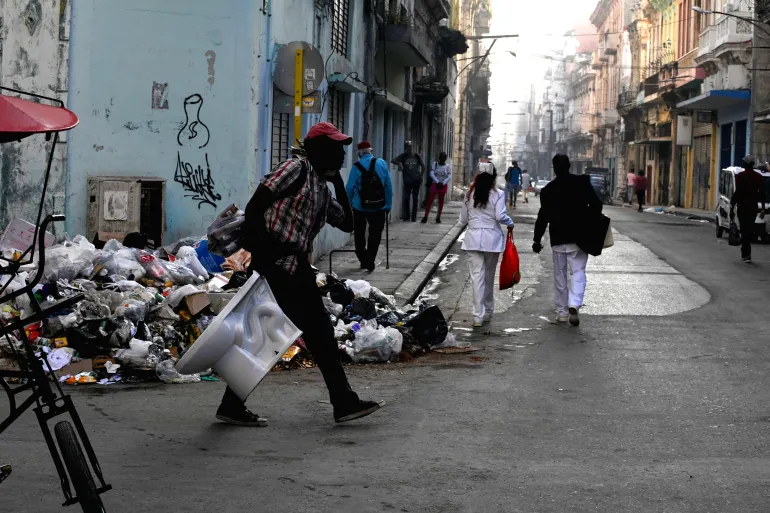
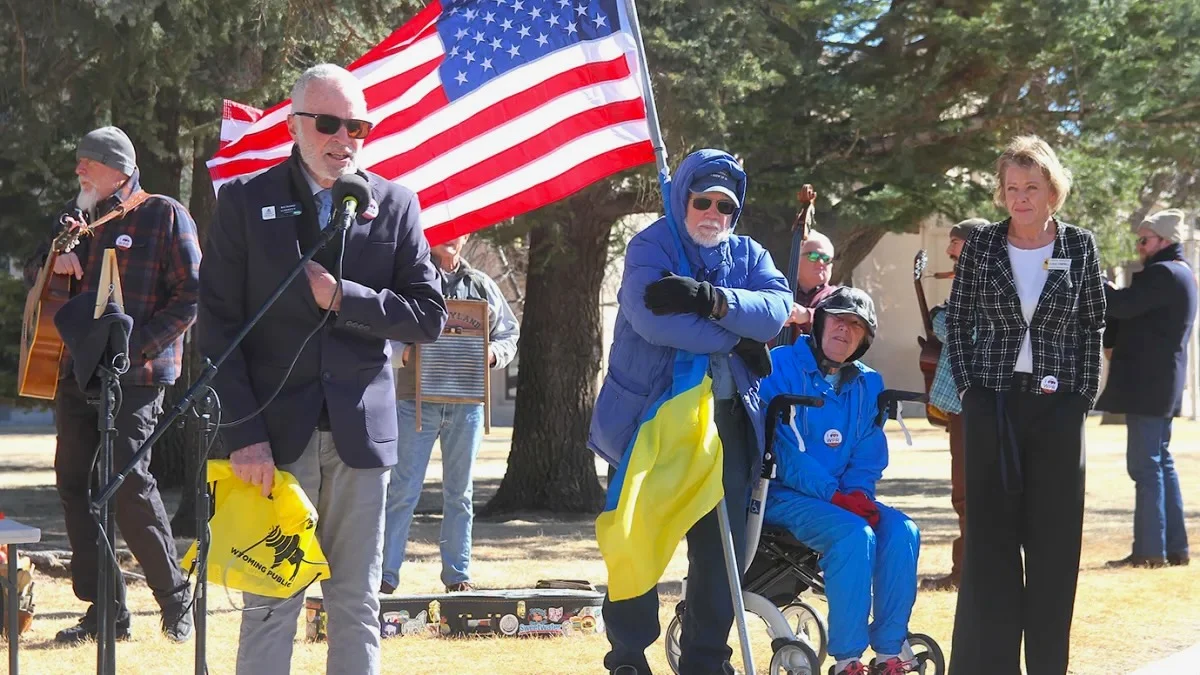
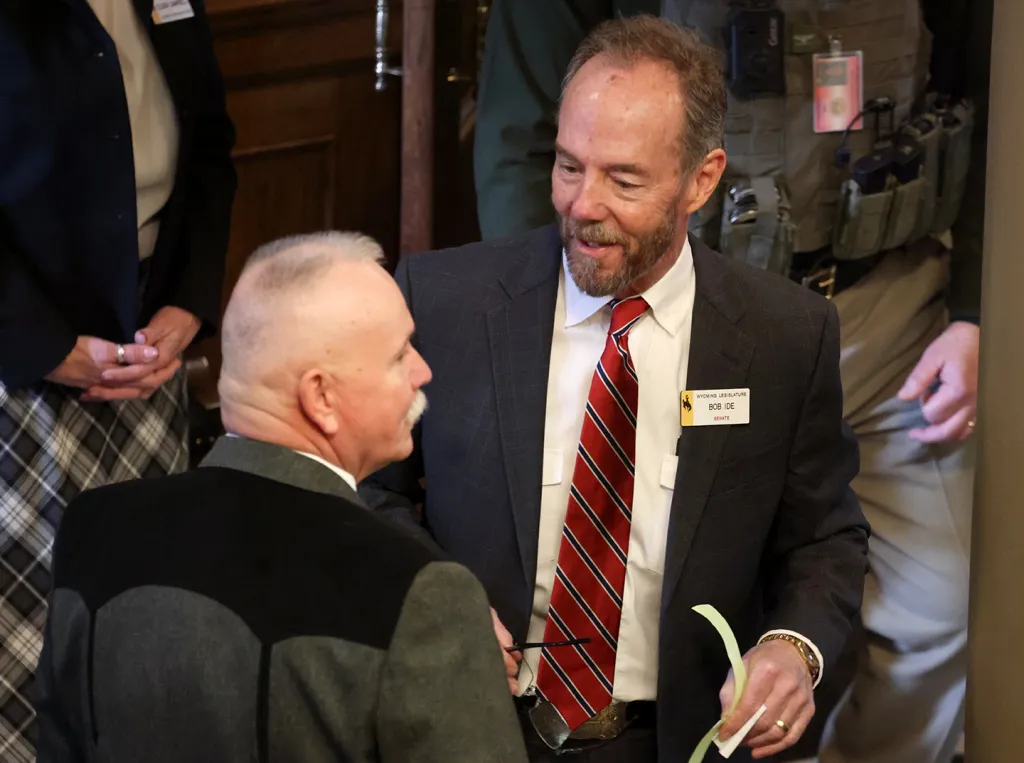

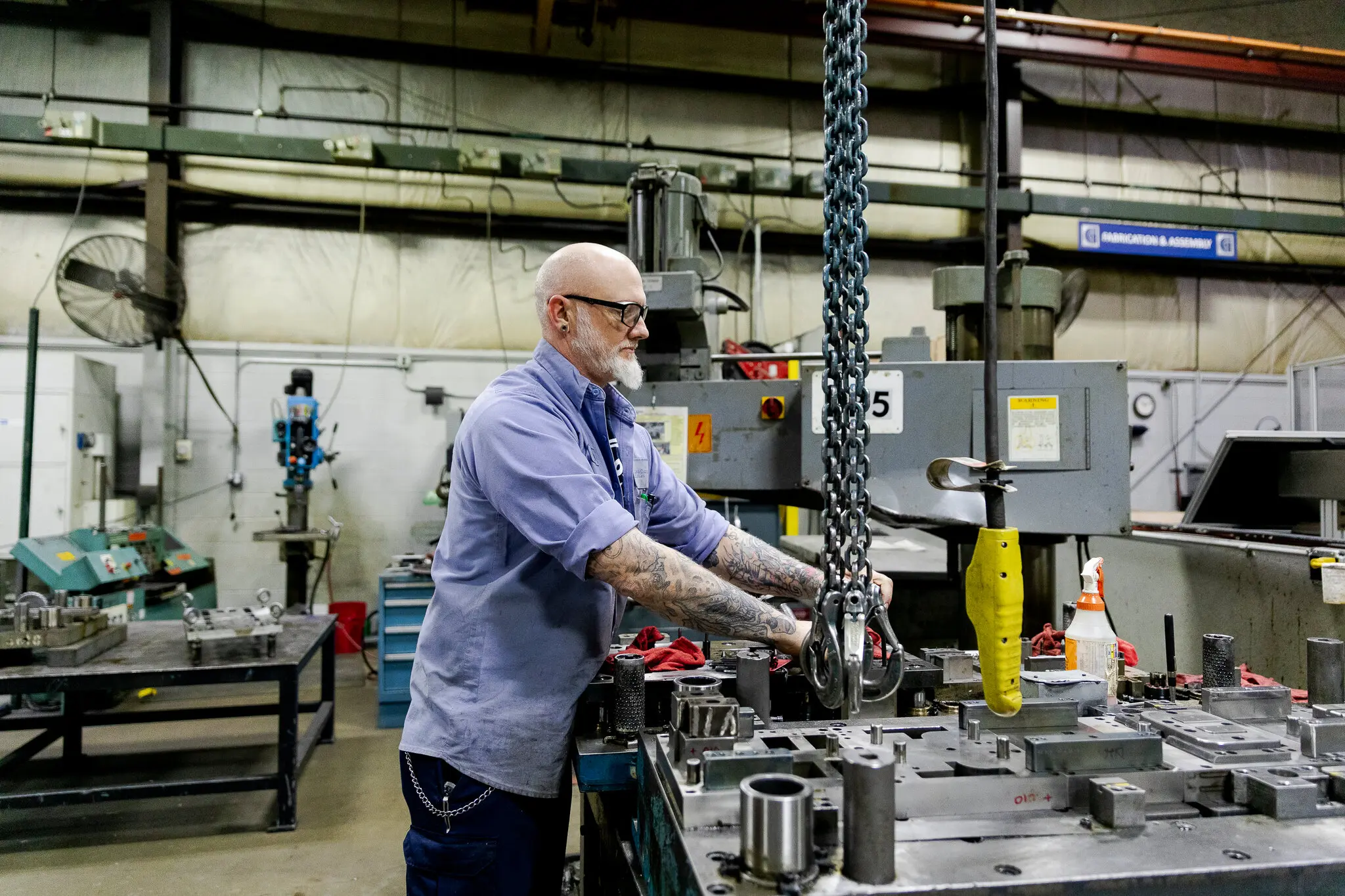
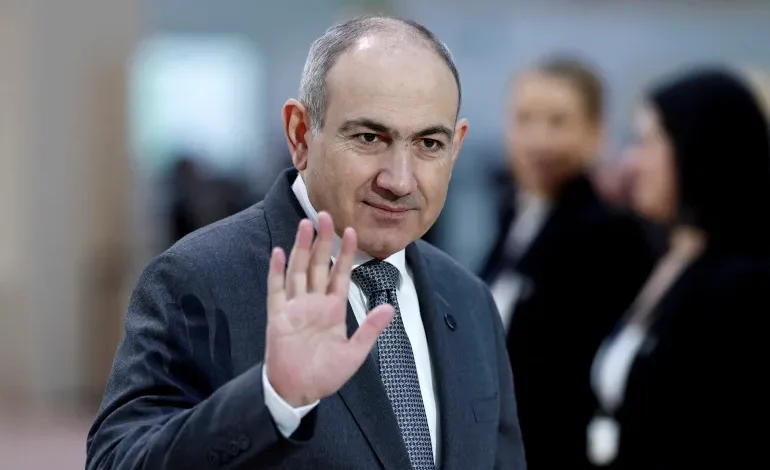




The latest news in your social feeds
Subscribe to our social media platforms to stay tuned